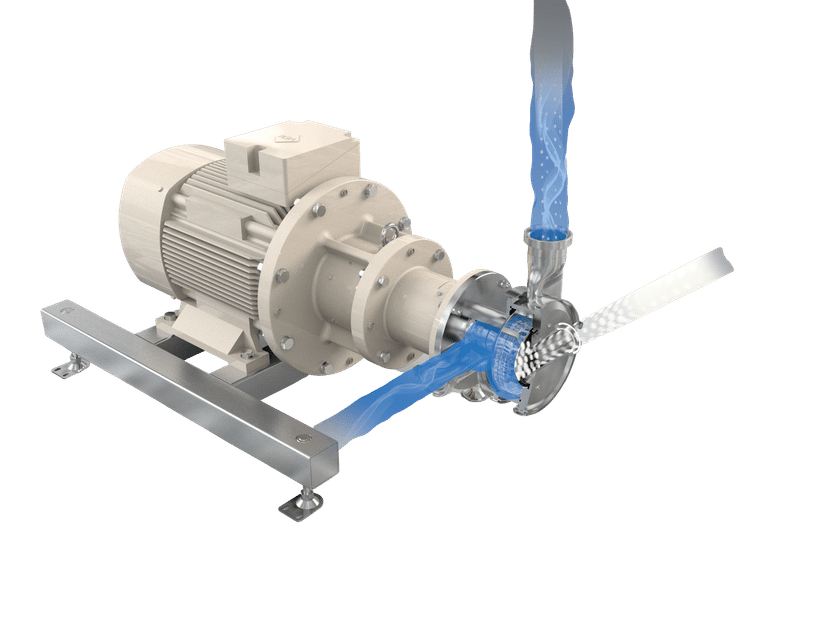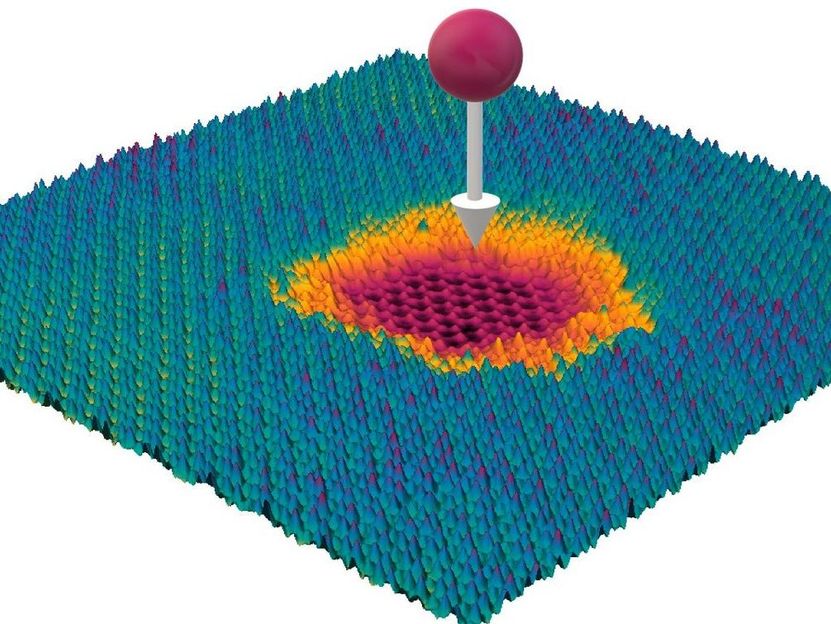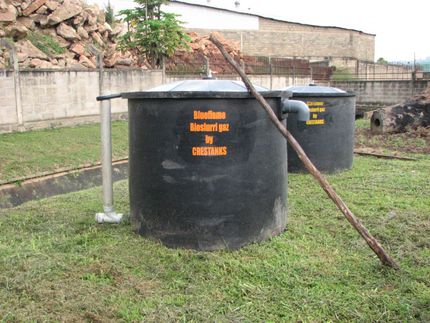Biogas plant for META-BIO Energies
New French biogas plant will produce green energy and supply biomass for use in high-quality fertiliser products
During 2011, Xergi’s French subsidiary, Xergi SAS, will supply a biogas plant to the French bio-energy company META-BIO Energies in the town of Bel-Air de Combrée in western France. French Caisse des Dépôts participates in the project with an equity of up to 23 per cent of the share capital together with Société Groupe Chazé Environnement.
The biogas plant will be built to process a wide range of different biomasses, which is the primary reason why META-BIO energies chose Xergi as its supplier.
“The plant will process solid biomass, liquid biomass and fats. This means that we will be very flexible as we will not be dependent on deliveries of specific kinds of biomass,” explains Jean-Paul Chazé, the owner of META-BIO Energies.
Since 2007, META-BIO Energies has produced high-quality compost and fertiliser products based on biomass received from market gardens. In addition to producing green energy, the flexible biogas plant will also provide the company with an opportunity to develop their range of fertiliser products produced from biomass residue.
Converting biomass into energy and fertiliser
The new biogas plant will have an annual process capacity of 23,000 tons of biomass which is expected to originate from the food industry, agriculture and municipal waste. Facilities for receiving all kinds of biomass will be installed, and the plant will be fitted with an Xergi unit specially designed to homogenise and pasteurise biomass.
Energy will be produced using a gas-engine with 1 MW output, corresponding to the energy consumed by approximately 4,000 people. The green electricity will be sold to Electricité de France.
The hot water produced when cooling the gas-engine will be used by a local company.
The production of green electricity and heat means that the plant will ensure a reduction in annual carbon emissions of 1,400 tons. Moreover, the fertiliser that is produced from the biomass residue will substitute inorganic fertilisers, which are produced using large quantities of fossil fuels.
Construction work started in May and the plant is expected to be operational by the end of 2011.
Other news from the department business & finance

Get the chemical industry in your inbox
By submitting this form you agree that LUMITOS AG will send you the newsletter(s) selected above by email. Your data will not be passed on to third parties. Your data will be stored and processed in accordance with our data protection regulations. LUMITOS may contact you by email for the purpose of advertising or market and opinion surveys. You can revoke your consent at any time without giving reasons to LUMITOS AG, Ernst-Augustin-Str. 2, 12489 Berlin, Germany or by e-mail at revoke@lumitos.com with effect for the future. In addition, each email contains a link to unsubscribe from the corresponding newsletter.
Most read news
More news from our other portals
Last viewed contents

YSTRAL Conti-TDS | Powder wetting systems | ystral

How can you perforate an atomic layer of material and leave the one underneath intact? - The Art of Making Tiny Holes: Scientists developed a technique for processing surfaces on an atomic scale


























































